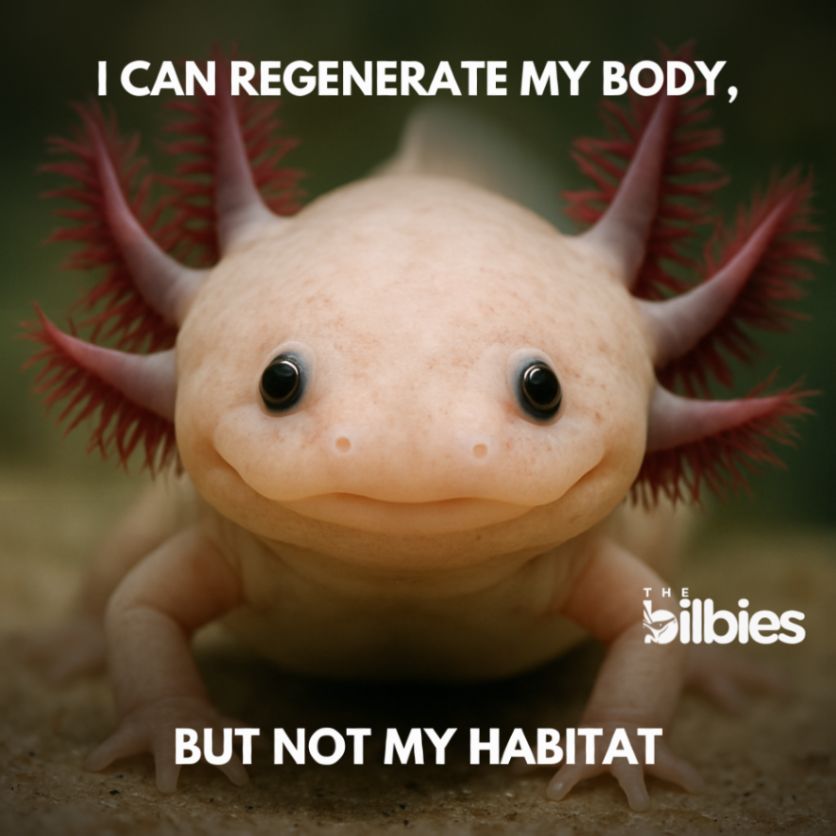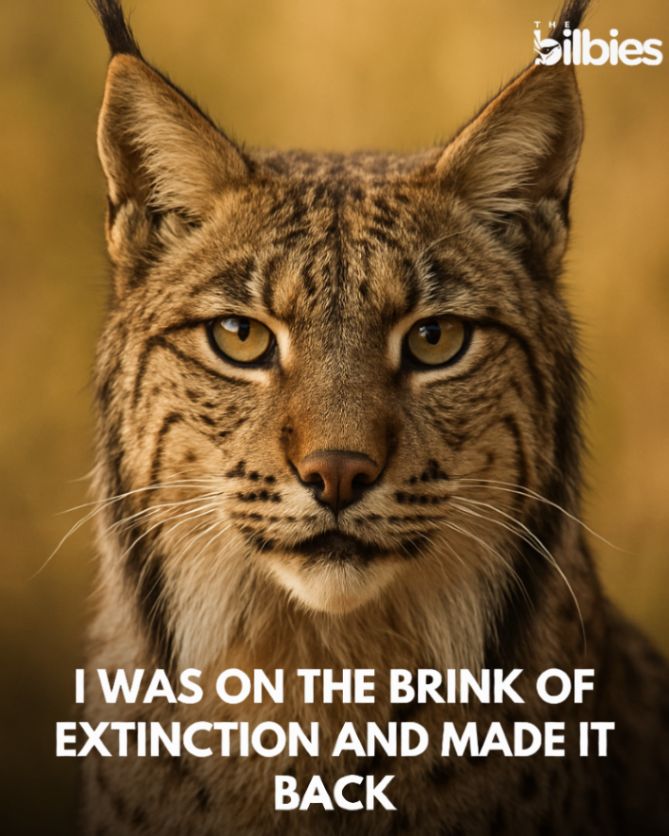thebilbies
- The whale shark, the largest fish on the planet, feeds on tiny organisms by filtering water. Despite reaching lengths of up to 12 meters, it is completely harmless to humans. Bycatch, ship collisions, and marine pollution threaten these gentle giants. #animal
- Their long lifespan and slow maturation make them extremely vulnerable. Additionally, each sighting generates substantial income through ecotourism. Let’s protect them! #whaleshark
- Pit bulls are victims of stereotypes that ignore their true nature. Historically bred as family dogs, their loyalty was exploited by those who trained them for fighting. #dogs
- Studies show that aggressive behavior is more closely linked to factors like training and socialization than to genetics. In standardized temperament tests, these breeds often outperform others commonly seen as “family-friendly.” #pitbull
- The axolotl, native to Mexico, has regenerative abilities that astonish scientists: it can rebuild limbs, organs, and even parts of its brain and heart. These remarkable skills might hold the key to breakthroughs in human regenerative medicine. #animal #conservation
- However, this amphibian is critically endangered in its natural habitat—the canals of Xochimilco. Pollution, invasive species, and urbanization have reduced wild populations to alarming levels. Ironically, while we study its regenerative powers, we're allowing it to vanish from nature. #axolotl
- The Iberian lynx is a story of hope and conservation. In 2002, only 94 individuals remained in the wild; today, thanks to conservation efforts, their population exceeds 1,000. This feline shows us that recovery is possible through determination and coordinated action #conservation #animals



